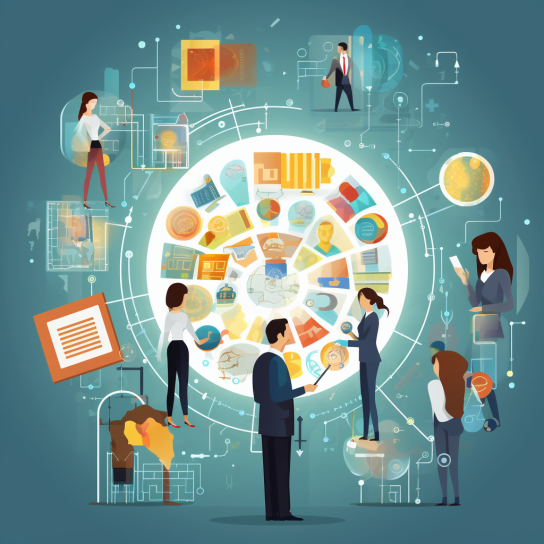AI Use Cases and Applications in HealthTech and Autonomous Things

AI Use Cases in HealthTech & Autonomous Things
AI Use Cases in Autonomous Things
Autonomous things including cars and drones are impacting every business function from operations to logistics.
Self-Driving Cars
From mining to manufacturing, self-driving cars/vehicles are increasing the efficiency and effectiveness of operations. Integrate them into your business for greater efficiency. Leverage the power of artificial intelligence for complex tasks.
Vehicle Cybersecurity
Secure connected and autonomous cars and other vehicles with intelligent cybersecurity solutions. Guarantee your safety by hack proof mechanisms. Protect your intelligent systems from attacks.
Driving Assistant
Required components and intelligent solutions to improve rider’s experience in the car. Implement AI-Powered vehicle perception solutions for the ultimate driving experience.
Vision Systems
Vision systems for self-driving cars. Integrate vision sensing and processing in your vehicle. Achieve your goals with the help of computer vision.
AI Use Cases in HealthTech
Drug Discovery
Find new drugs based on previous data and medical intelligence. Lower your R&D cost and increase the output - all leading to greater efficiency. Integrate FDA data, and you can transform your drug discovery by locating market mismatches and FDA approval or rejection rates.
Real-Time Prioritization and Triage
Prescriptive analytics on patient data enabling accurate real-time case prioritization and triage. Manage your patient flow by automatization. Integrate your call center and use language processing tools to extract the information, priorate patients that need urgent care, and lower your error rates. Eliminate error-prone decisions by optimizing patient care.
Patient Data Analytics
Analyze patient and/or 3rd party data to discover insights and suggest actions. Greater accuracy by assisted diagnostics. Lower the mortality rates and increase patient satisfaction by using all the diagnostic data available to detect the underlying reasons for the symptoms.
Personalized Medications and Care
Find the best treatment plans according to patient data. Provide custom-tailored solutions for your patients. By using their medical history, genetic profile, you can create a custom medication or care plan.
Early Diagnosis
Analyze chronic conditions leveraging lab data and other medical data to enable early diagnosis. Provide a detailed report on the likelihood of the development of certain diseases with genetic data. Integrate the right care plan for eliminating or reducing the risk factors.
Pregnancy Management
Monitor mother and fetus health to reduce mothers’ worries and enable early diagnosis. Use machine learning to uncover potential risks and complications quickly. Lower the rates of miscarriage and pregnancy-related diseases.
Healthcare Market Research
Prepare hospital competitive intelligence by tracking market prices. See the available insurance plans, drug prices, and many more public data to optimize your services. Leverage NLP tools to analyze the vast size of unstructured data.
Gene Analytics and Drug Comparative Effectiveness
Understand genes and their components and
predict the impact of gene edits.
Analyze drug and medical
device effectiveness. Rather than just using simulations, test on other patient’s data
to see the effectiveness of the new drug, compare your results with benchmark drugs
to make an impact with the drug.
Healthcare Brand Management and Marketing
Create an optimal marketing strategy for the brand based on market perception and target segment. Tools that offer high granularity will allow you to reach the specific target and increase your sales.
Healthcare chatbot
Use a chatbot to schedule patient appointments, give information about certain diseases or regulations, fill in patient information, handle insurance inquiries, and provide mental health assistance. You can also use intelligent automation with chatbot capabilities.
More Blogs








Leave a Reply